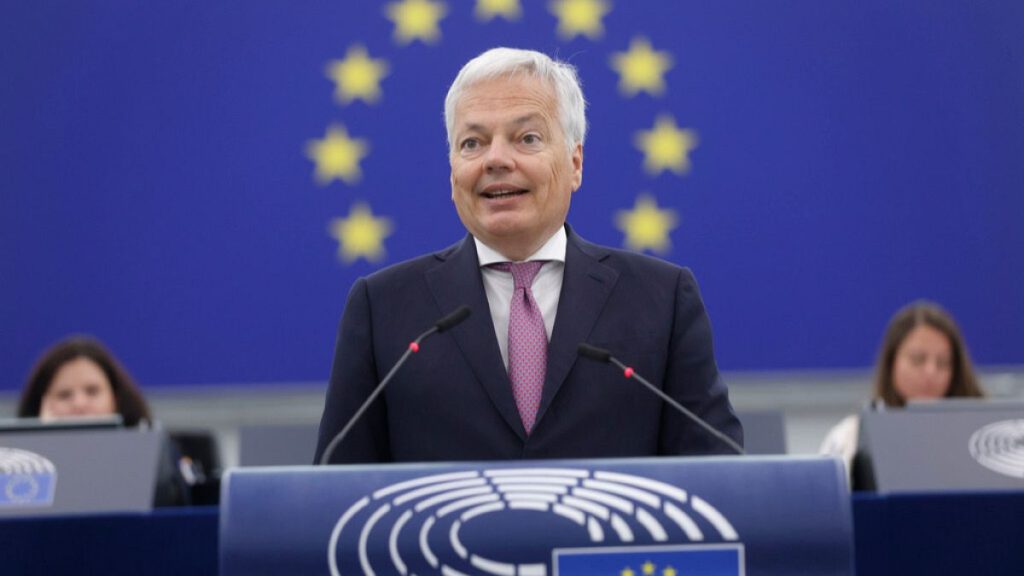Belgian police have recently conducted a series of raids on properties associated with Didier Reynders, the former European Commissioner for Justice, amid allegations of fraud. Notably, Reynders is under investigation for money laundering stemming from his alleged activities related to the National Lottery in Belgium, which he oversaw as a minister from 2007 to 2011. Reports indicate that Reynders had been purchasing lottery tickets and subsequently transferring the purportedly laundered winnings into his personal accounts. This development has drawn significant attention not only due to Reynders’ high-profile political career but also because it raises questions about the integrity of public officials and their adherence to the rule of law.
The investigation into Reynders has reportedly been ongoing for several months, with law enforcement officials strategically waiting until the conclusion of his term at the European Commission before taking action. His term ended on a Sunday, coinciding with the termination of his immunity as a member of the European Union. This calculated approach allowed investigators to bypass the complexities and potential complications related to his position within the EU governance structure, which may have hindered earlier investigative efforts. The requirement for permission to conduct the raids from the College of Commissioners highlights the delicate balance between legal proceedings and political implications that such high-ranking officials face.
Key to the investigation is Reynders’ dual role as both a public official and an alleged financial actor who could have manipulated his government position for personal gain. His tenure as Justice Commissioner from 2019 to 2024 and as Belgian Finance Minister from 1999 to 2011 places him within influential circles, making the potential breach of trust all the more significant. The nature of the allegations — particularly involving the handling of public resources and private gains — resonates with ongoing concerns about transparency and accountability in political office. The raids included searches of Reynders’ private residence, reflecting the seriousness of the allegations and the necessity for robust evidence gathering in such a high-stakes investigation.
During police interrogations that extended until Tuesday evening, Reynders faced critical questioning concerning the specifics of the allegations against him. Investigators are likely focusing on the mechanics of the purported money laundering scheme, seeking to establish links between the lottery operations he oversaw and his personal financial transactions. The handling of such cases demands meticulous scrutiny, and it raises pertinent issues about the relationship between public service and personal accountability. For many observers, this case underscores a broader narrative regarding the ethics of politicians and the safeguards required to prevent corruption.
The fallout from this investigation could have far-reaching implications for both Reynders and the integrity of political institutions in Belgium and the broader European Union context. As a significant political figure, Reynders’ involvement in such allegations can erode public trust in governmental operations and prompt calls for enhanced regulatory oversight of public officials’ activities. Furthermore, this situation may inspire more rigorous scrutiny of financial practices within government organizations, as well as a reevaluation of the mechanisms that protect or expose public figures to potential misconduct.
In conclusion, the situation involving Didier Reynders is a complex interplay of legal scrutiny and political accountability. The allegations of money laundering connected to his past as a public official warrant careful examination not just of his actions, but of the systems that oversee and regulate public service. As investigations continue and further details emerge, the outcome may very well shape public discourse surrounding governance, ethics, and the imperative for transparency in politics. The actions of Belgian law enforcement serve as a reminder that all public officials, regardless of their stature, must be held to the highest standards of integrity to maintain the trust of the electorate they serve.














